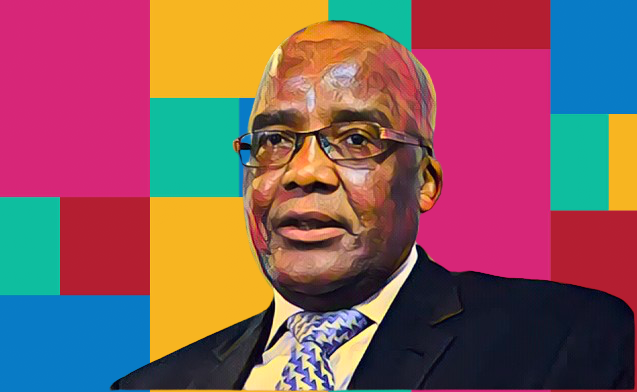Thousands of Zimbabweans living and working in South Africa are anxiously waiting for the outcome of a legal challenge to the government’s decision to end their special dispensation permits.
The permits, known as Zimbabwean Exemption Permits (ZEP), were introduced in 2017 as a way of regularizing the status of Zimbabweans who had fled the economic and political crisis in their home country. The permits allowed them to live, work, study and do business in South Africa without a visa.
However, in February 2021, the South African Home Affairs Minister, Aaron Motsoaledi, announced that the ZEP program would not be extended beyond December 31, 2021. He said that Zimbabweans who wished to remain in South Africa would have to apply for other types of visas, such as work, study, business or permanent residence visas.
This decision sparked an outcry from the Zimbabwean community, who argued that it was unfair, unrealistic and discriminatory. They said that the visa requirements were too stringent, costly and time-consuming, and that many of them would not qualify for any of the available options. They also feared that they would lose their jobs, homes, businesses and access to education and health care if they were forced to leave South Africa.
In response, a group of Zimbabwean permit holders, represented by the Zimbabwe Exiles Forum and Lawyers for Human Rights, filed an urgent application to the Constitutional Court, challenging the legality and constitutionality of the minister’s decision. They claimed that the decision violated their rights to dignity, equality, administrative justice and freedom of movement. They also argued that the decision was irrational, arbitrary and unreasonable, and that it failed to consider the humanitarian and socio-economic impact of deporting thousands of Zimbabweans.
The Constitutional Court heard the case on March 25, 2021, and reserved its judgment. The court has not indicated when it will deliver its verdict, leaving the fate of the Zimbabwean permit holders hanging in the balance.
The case has drawn attention to the plight of millions of migrants and refugees in South Africa, who face xenophobia, discrimination, exploitation and violence. According to the United Nations High Commissioner for Refugees (UNHCR), South Africa hosts more than 4.2 million migrants and refugees, the largest number in Africa and the fifth largest in the world. Many of them come from neighboring countries such as Zimbabwe, Mozambique, Lesotho and Eswatini, seeking better opportunities and security.
However, South Africa has struggled to cope with the influx of migrants and refugees, and has adopted a restrictive and hostile immigration policy. The government has blamed migrants and refugees for the country’s social and economic problems, such as unemployment, crime, poverty and corruption. The government has also faced pressure from some sections of the society, such as trade unions, political parties and civil society groups, who have called for the deportation of migrants and refugees.
The situation has been worsened by the COVID-19 pandemic, which has hit South Africa hard, with more than 1.5 million cases and 50,000 deaths as of March 2021. The pandemic has also caused a severe economic recession, with a contraction of 7% in 2020 and a projected recovery of only 3.3% in 2021. The pandemic has increased the vulnerability and marginalization of migrants and refugees, who have been excluded from social protection and relief measures, and have faced increased stigma and harassment.
The Zimbabwean permit holders are hoping that the Constitutional Court will rule in their favor and grant them an extension or a permanent solution to their status. They say that they have contributed to the development of South Africa and that they have established strong ties and roots in the country. They also say that they have no prospects of returning to Zimbabwe, which is still facing a political and economic crisis, with rampant inflation, unemployment, poverty, human rights violations and a fragile health system.
The case Is expected to set a precedent for the rights and protection of migrants and refugees in South Africa and the region. It is also expected to test the commitment and cooperation of the South African and Zimbabwean governments to address the root causes of migration and to find durable and humane solutions for the affected people.
The case also highlights the need for a more inclusive and compassionate approach to migration and refugee issues, based on the principles of solidarity, responsibility-sharing and respect for human dignity. As the UNHCR has stated, “migration is not a problem to be solved, but a human reality to be managed.”
Source: New Zimbabwe


